
The Simple Fix to the Problem of How to Tax Multinational Corporations – Ending Deferral
Issue Brief
Read or listen offline
Amazon KindleRecommendation
Efforts to balance budgets and bring government revenues and expenditures into equilibrium have largely focused on austerity measures. Though business leaders bemoan the sorry state of infrastructure and education in the United States, effective corporate tax rates are plummeting while corporate profits as a share of national income are growing rapidly. Economist Thomas L. Hungerford offers a bold idea to generate additional revenue and a broader tax base that will fund the services a healthy economy needs. getAbstract recommends this straightforward attempt at tackling one of the most manipulated aspects of US tax policy.
Summary
About the Author
Thomas L. Hungerford, director of tax and budget policy at the Economic Policy Institute, previously worked at the US General Accounting Office and the US Office of Management and Budget.








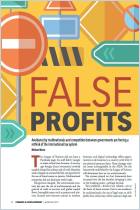
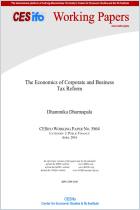
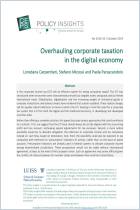
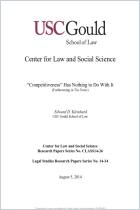
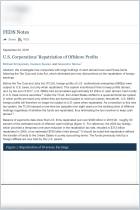






Comment on this summary or Start Discussion